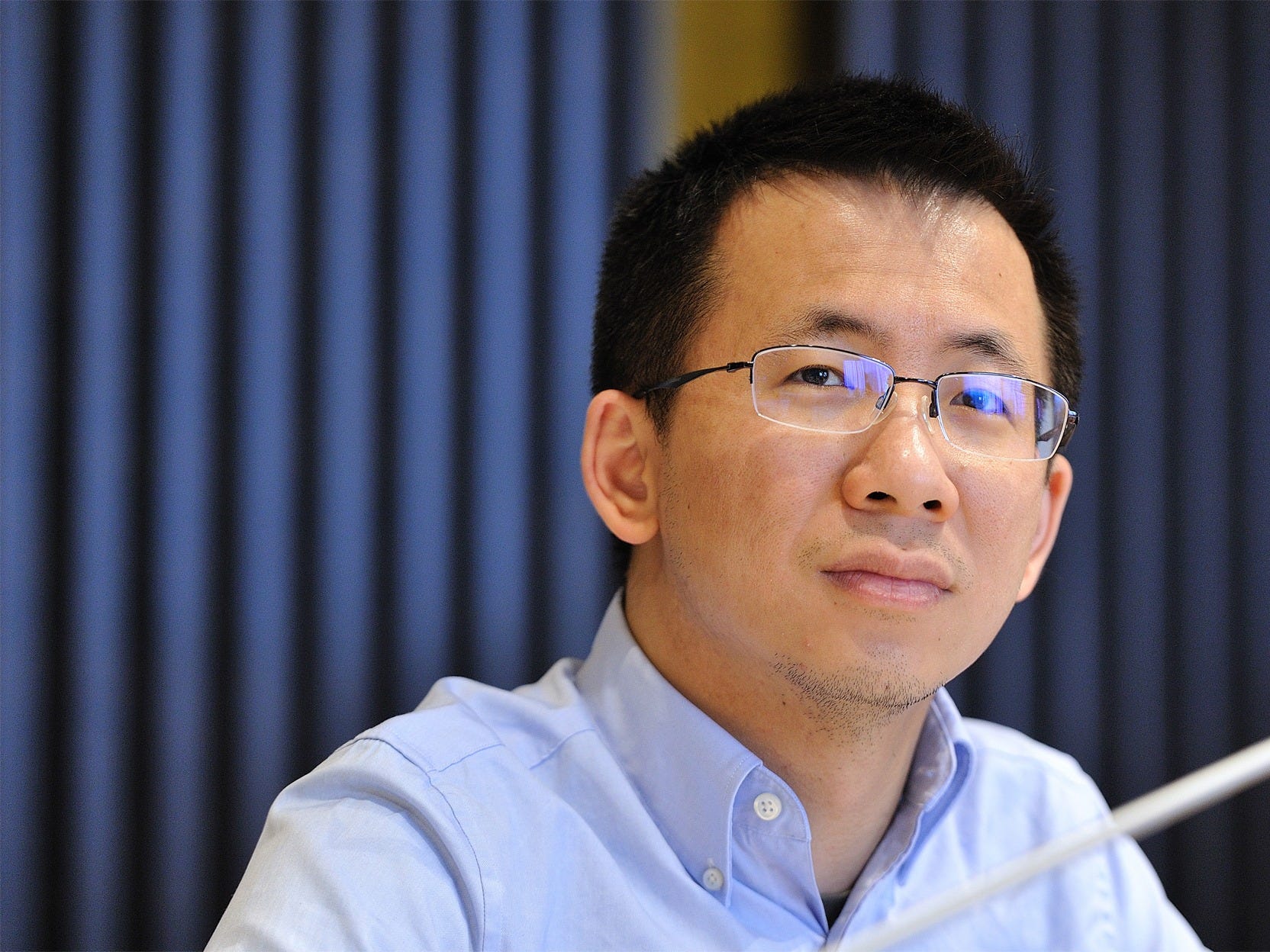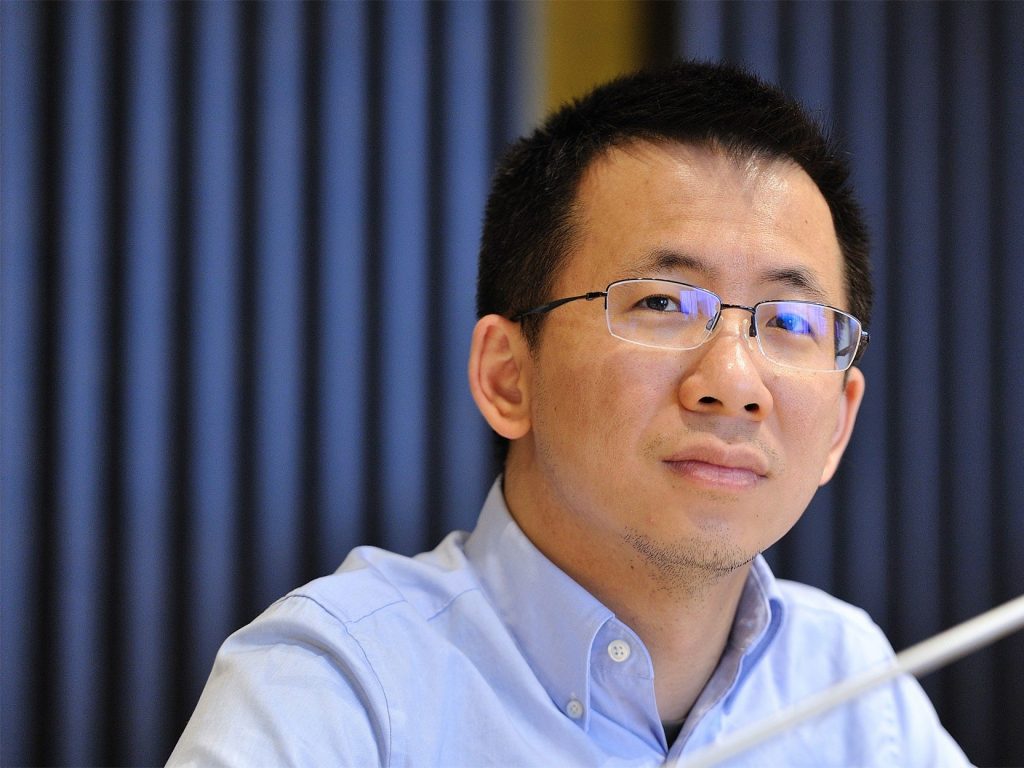
VCG/VCG via Getty Images
- TikTok-owner Bytedance's founder Zhang Yiming has stepped down from the board, per Bloomberg.
- He's the most recent executive to pull back as China cracks down on the tech industry.
- Other tech founders have made similar moves as the communist party strengthens its grip.
Jack Ma famously disappeared from the limelight after his Ant Group's planned IPO imploded- and he's not the only tech exec to do so in the past year.
Bloomberg reported Wednesday that TikTok owner Bytedance's founder Zhang Yiming has stepped down from the company's board of directors. The report comes after Yiming said in May he was retiring from his role as CEO at the company. Bytedance did not immediately respond to Insider's request for comment.
It's yet another prominent Chinese tech CEO pulling back from the public spotlight as the nation's government cracks down on homegrown tech giants. The big tech crackdown, combined with China's growing animosity for billionaires – whose wealth threatens the ruling party's communist principles – has upended how powerful businessmen are perceived in the nation and has caused them to tread lightly in the public eye.
In the months after China pulled Ant Group's IPO, rumors swirled that Ma had disappeared – a phenomenon that had occurred before with other powerful business figures that had disagreed with The Party.
In June, however, an Alibaba executive said that Ma was simply 'lying low' as the government cracked down on his empire.
Other tech execs have flat-out quit:
- Colin Huang, the former CEO and chairman of the Chinese e-commerce giant Pinduoduo who exited both of those roles earlier this year.
- Kuaishou Technology co-founder Su Hua stepped away as CEO, with co-founder Cheng Yiziao taking his place, according to Reuters.
- The founder and CEO of the online retail giant JD.com stepped back from his day-to-day duties in September, with another executive taking his place, CNBC reported.
The internet economy has been largely unregulated in China, meaning companies have been free to grow unfettered without strict rules that apply to more traditional sectors like banking. In November 2020, China introduced new anti-competitive behavior rules designed to reel in internet giants like Alibaba, which Ma also founded.
Earlier this year, China slapped Alibaba with a fine equaling $2.8 billion over concerns that it was abusing its dominant market position.
Bytedance is not currently under any official regulatory probe, but Chinese officials do have their eyes trained on the company, which is subject to the same regulatory restrictions that the nation has placed on its tech industry at large.
As China zeroes in on the internet economy, Bytedance has attempted to pivot away from online services and toward enterprise software, as Bloomberg noted, and said recently it was reorganizing into six different business units.

